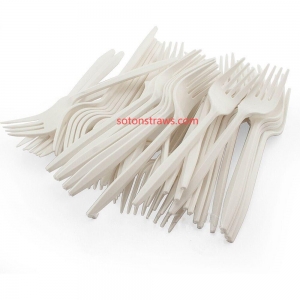Navigating Global Markets: The Strategic Rise of Paper Straws Manufactory
As international trade rebounds and environmental regulations tighten, the Paper Straws Manufactory is emerging as a key player in bridging sustainability with global commerce. With markets like the EU enforcing stringent bans on single-use plastics, manufacturers are prioritizing compliance through certifications such as FDA, BRC, and LFGB—gateways to accessing eco-conscious consumers in Europe and North America. These credentials validate product safety and biodegradability, positioning the Paper Straws Manufactory as a trusted partner for brands transitioning to greener alternatives.
Certification is only the first step. Success in cross-border e-commerce hinges on aligning with platforms that emphasize sustainability.By adopting minimalist, biodegradable packaging and leveraging AI-driven logistics, manufacturers reduce carbon footprints while meeting delivery expectation. Customization services—engraved logos or region-specific designs—further enhance appeal, catering to niche markets like luxury hospitality or fast-food chains.
However, green trade barriers demand more than compliance. Building brand trust requires transparency in sourcing and production. Blockchain-enabled traceability tracks materials from renewable origins to final products, addressing ethical concerns and reinforcing ESG commitments. Technical barriers, such as proprietary glue formulations for heat resistance or closed-loop recycling systems, differentiate manufacturers by enhancing product durability and minimizing waste.
To counteract competition, factories invest in storytelling that highlights environmental impact. Social media campaigns showcasing paper straws decomposing in compost bins or partnerships with NGOs amplify credibility, resonating with younger, values-driven audiences. Collaborations with cultural IPs, like limited-edition holiday designs, further embed brands into global sustainability narratives.
Looking ahead, the Paper Straws Manufactory is poised to lead a circular economy. Innovations like digital twins optimize energy use in production, while IoT-enabled packaging educates consumers on disposal via QR codes. By merging technological agility with ecological stewardship, these factories redefine industry standards, proving that sustainability and profitability are not mutually exclusive.
sotonstraws.com











